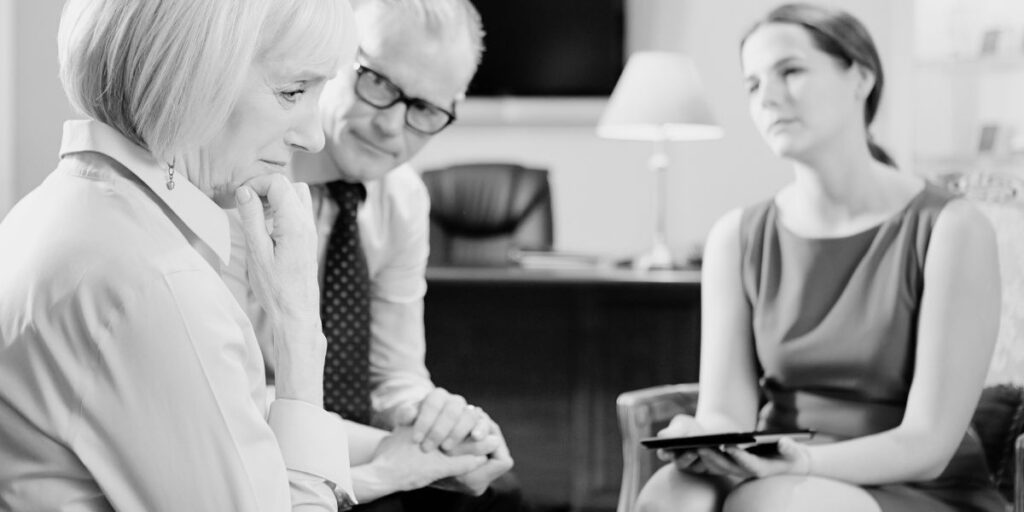
If you don’t make a plan, the state will make one for you—and it likely won’t reflect your values, your relationships, or your intentions. Dying without a will means surrendering control over your estate to state laws.
1. The Consequences of Dying Without a Will
Without a legal will in place (what’s known as dying intestate), your assets are distributed according to state law—not personal choice. That could mean a distant relative inherits your home, while your partner or stepchildren receive nothing. Or your children could receive a full inheritance at age 18, with no guidance or safeguards.
2. You’re leaving your loved ones a longer, more stressful process.
On average, settling an estate takes over 570 hours. Dying without a will leaves families to navigate months—sometimes years—of financial, legal, and emotional challenges. A will or trust won’t remove every obstacle, but it will eliminate much of the guesswork.
3. You’re increasing the cost of settling your affairs.
The average out-of-pocket cost to settle an unplanned estate? More than $14,000 in legal fees alone. That’s money your family might desperately need for housing, education, or daily expenses at an already difficult time.
4. You may unintentionally create conflict.
Dying without a will means your wishes aren’t clearly documented, leading to potential misunderstandings. Family members may argue, siblings might stop speaking, and sometimes lawsuits are filed. A well-crafted plan can prevent hurt feelings and fractured relationships—preserving peace long after you’re gone.
5. You risk losing track of meaningful assets.
Without direction, digital accounts, passwords, and sentimental items can go missing. Some families spend 20+ hours just trying to find documents. Without you there to guide them, even small details become overwhelming.
“You may not think you need a plan—but your loved ones do. A will or trust isn’t about preparing for death. It’s a final act of love.”
What You're Giving Up Without a Will or Trust
- Control over how your legacy is handled
- Protection for vulnerable loved ones (minors, elders, or dependents with special needs)
- Clarity around your wishes—property, guardianship, medical care, and more
- Efficiency in the process of settling your estate
- Peace of mind for those who matter most



